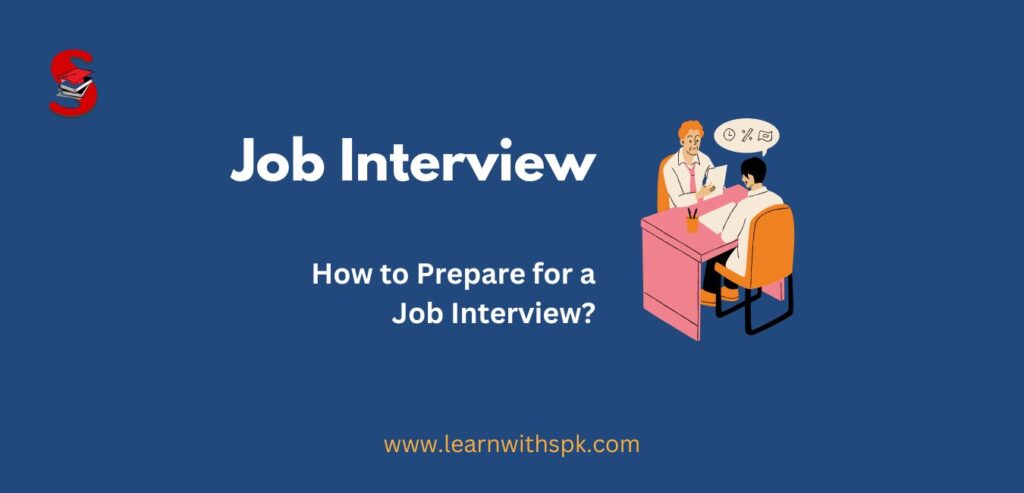This article reveals the right answer to virtually every tough job interview question and situation – helps you give a command performance and land the job of your dreams at the pay and benefits you want.
Here you are, being questioned by a hiring manager while your hands are sweaty and your voice is unsteady. He is throwing questions at you left and right and you are trying your best to answer them. But the reactions on his face let off he’s not entirely impressed with you.

4 Common Job Interview Questions and How to Answer Them
Stammering, Nervous, Anxious, Shy voice, here is the antidote….
History says Napoleon used to win all battles in his tent because he had done all the planning the night before the battle was joined so that every contingency could be adequately covered.
Interview preparation is exactly similar. You hardly know what will happen in the interview. But by being ready, you can eliminate a lot of uncertainty and hence, know how to react to varied situations.
You get asked a question for which you have no idea how to answer… You stammer, stumble, and respond with lame, corny answers. His reaction is clear, your answer wasn’t what he wanted to hear now and you’ve embarrassed yourself.
regardless of how tense you become. To what extent do you perspire? You will learn how to manage your nervousness and anxiety here. Aim high for your upcoming job interview. Envision yourself into the interview with poise, confidence, and the desire to do very well. You can experience it when you employ these tried-and-true strategies for reducing worry. You will discover the answers to these important questions in this section: How can you manage your fear? How to perform better in interviews by utilizing hand gestures. Seldom does one percent of people worldwide know this. How to refrain from employing restrictive terms that hurt your chances.
First, I would like to tell you about the questions that stumped candidates and give you suggestions on how to better answer them. Also, there will be questions that employers have asked me to make a difference between an offer and a rejection letter.
1. Why do you want to leave your current position?
If you do not have a substantial reason for wanting to leave, you should not be interviewed. When you are discussing the reason, make sure you do not fall into the negative category listed below on the very next page.
It’s avoidable. I work too hard at any current firm and I want a place where I will not have to put in so much effort. I have reached a plateau where I am and I have heard positive things about your company. (Ask at a different time for the required hours or find out before you schedule the interview.)
- – I do not get along with my boss. I think I could run the firm better. Everyone dislikes him. I like my current position, but I want to leave to explore companies with a different management style.
- – I want more money. The position you have available is one in which I know I could do very well. I also believe you are a more substantial company and could offer more opportunities in more future.
- – I like it where I am. I just wanted to see what else was out there. My knowledge of your company is very positive and I am impressed talking to you.
- – I don’t want to leave. You recruited me. I came here to explore your company. So far, I am very impressed and am glad I have the opportunity to find out about this position.
2. What were your grades in school?
There is no way to tell them your grades. However, if they are not good, you may present them in a positive light. Here are some suggestions:
- While my first two years were not very good, in the last two years I improved substantially.
You can also read our post on How to Write an Compelling Bio-Data?
3. What are your salary expectations?
Try to avoid discussing salary in the first interview. If it is not possible, you should never mention a salary range. The employer only hears the lower number. Here are some suggestions as to things you can say that will not compromise your negotiating ability.
- I am not making this move for money. I am open to hearing what you think is a fair salary for this position.
- I am currently making _______. I am sure you will make the best offer you can.
- At this time the position is more important to me than the money. If you make me your best offer, I will consider it seriously.
4. What is your greatest weakness?
Be smart with this question. You are not in your therapist’s office, so now is not the time to confess your problems. Turn this negative question into a positive one.
We hope these Job Interview tips will help you in facing any Job Interview and boost your confidence level in a job interview.
